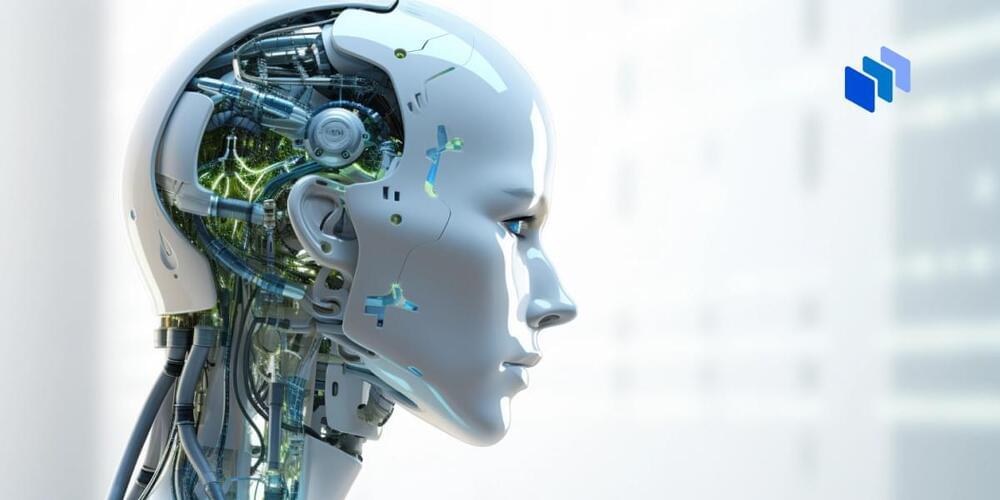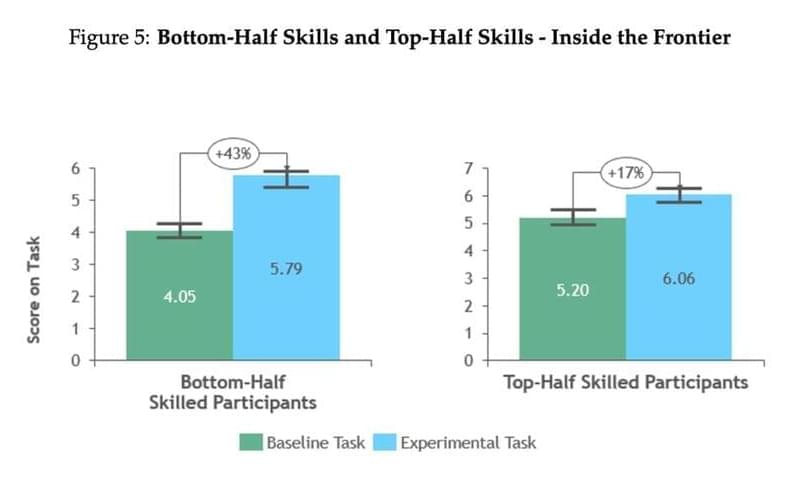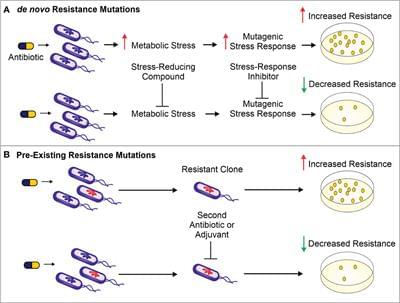Microsoft AI researchers accidentally exposed tens of terabytes of sensitive data, including private keys and passwords, while publishing a storage bucket of open source training data on GitHub.
In research shared with TechCrunch, cloud security startup Wiz said it discovered a GitHub repository belonging to Microsoft’s AI research division as part of its ongoing work into the accidental exposure of cloud-hosted data.
Readers of the GitHub repository, which provided open source code and AI models for image recognition, were instructed to download the models from an Azure Storage URL. However, Wiz found that this URL was configured to grant permissions on the entire storage account, exposing additional private data by mistake.







